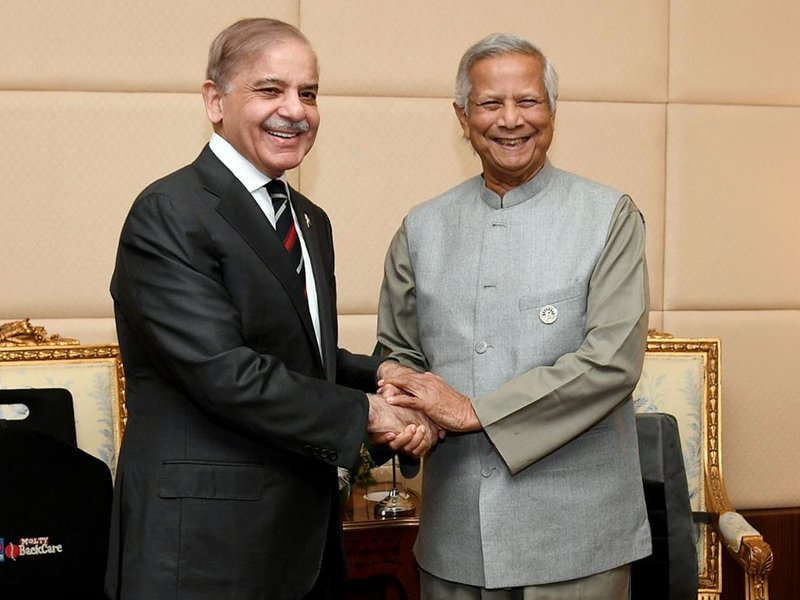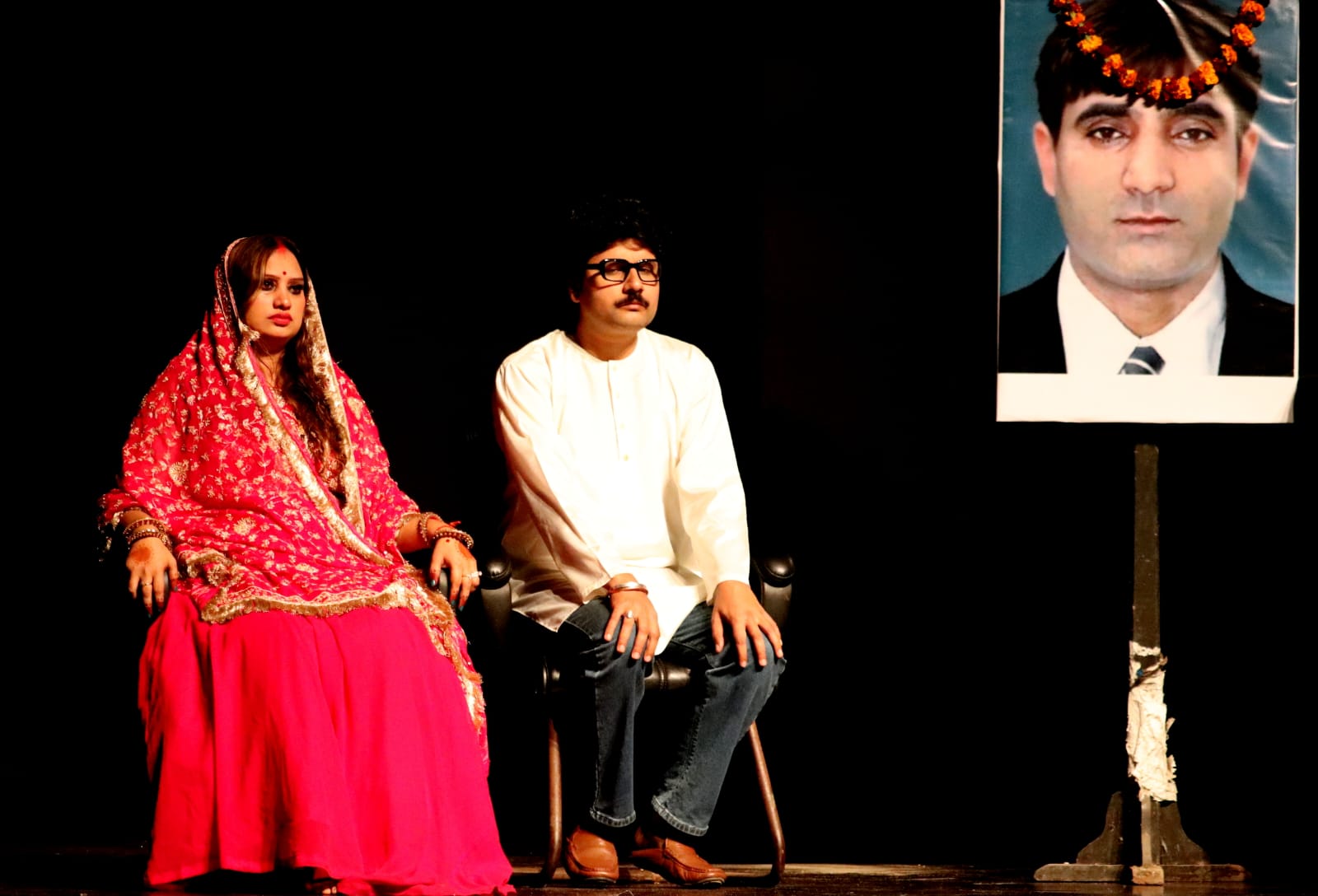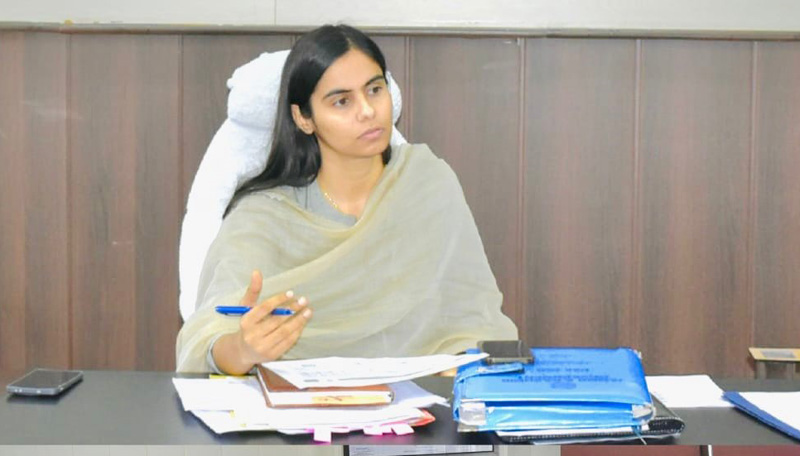New Delhi: Bangladesh and Pakistan recently revived their Joint Economic Commission (JEC) after a two-decade hiatus, signalling an attempt to thaw strained diplomatic ties. However, analysts warn that Dhaka has little to gain from engaging a country struggling under military dominance and an economy on the verge of collapse.
The renewed outreach comes with significant risks. Notably, the JEC meeting coincided with a visit to Dhaka by General Shamshad Mirza, Pakistan’s second-highest-ranking military officer after Field Marshal Asim Munir—highlighting the Pakistani military’s continuing influence over state affairs and diplomacy.
Pakistan’s economic condition paints a grim picture. The country’s trade deficit hit nearly $3.34 billion in September, while the International Monetary Fund (IMF) estimates that Pakistan requires $7 billion just to avert another balance-of-payments crisis. Between 2023 and 2026, Islamabad faces debt repayments totalling $75 billion, averaging $25 billion annually—an amount it currently lacks the means to service.
Bilateral trade between the two nations remains minimal, at under $1 billion. During FY2025, Bangladesh imported goods worth $787 million from Pakistan while exporting only $80 million, primarily jute and yarn. No concrete trade targets emerged from the recent JEC meeting, underlining the limited potential for expansion.
For Dhaka, engagement with Islamabad may reflect a broader geopolitical balancing act amid cooling relations with India. Yet critics argue that Bangladesh risks falling once again under the shadow of Pakistan’s military establishment—a system that prioritises control and security over economic efficiency and reform. Pakistan’s army, which dominates sectors such as cement, fertilisers, banking, and agriculture, has failed to drive sustainable growth, perpetually relying on IMF bailouts.
The diplomatic thaw has also reopened unresolved historical wounds. Pakistan’s Deputy Prime Minister and Foreign Minister Ishaq Dar recently claimed that “all issues of 1971” had been settled—an assertion Dhaka swiftly refuted.
Bangladesh’s Foreign Adviser Touhid Hossain responded, “We acknowledged that the issues of 1971 cannot be solved in a day, but we agreed to keep the conversation going.” He reaffirmed that demands for a formal apology, repatriation of stranded Pakistanis, and division of pre-1971 financial assets remain unresolved.
Ultimately, while the JEC meeting may serve short-term diplomatic optics for both nations, it cannot erase the deep scars of 1971—when the atrocities committed by Pakistan’s generals led to Bangladesh’s birth, with decisive support from India’s armed forces.













